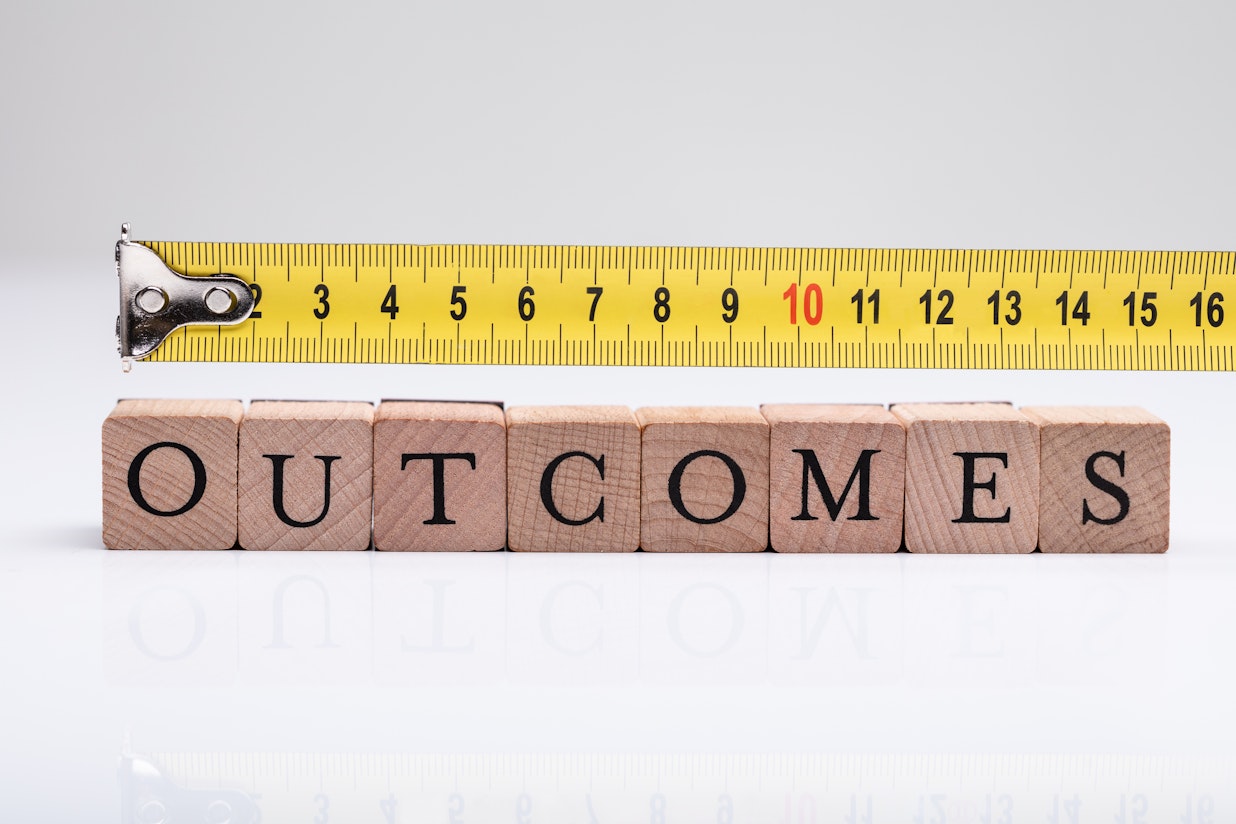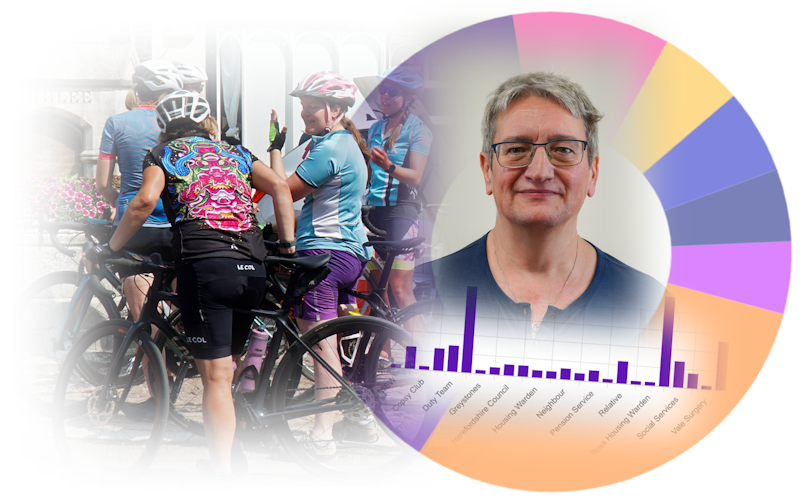
Leaders and technology
**We wish all customers, staff and partners who celebrate it a very Merry Christmas and a Happy New Year! Revised opening hours here**
Blog
A blog by Allan Conway - Charitylog implementation consultant
If you're not on top of what your charity is doing and the impact its work is having, you can’t meaningfully convey this to your stakeholders. And without that compelling evidence, even the most effective charity may find it hard to secure funding.
Many charities already have very professional, well-oiled measuring and reporting processes in place. Others struggle - perhaps because they're new and are unsure how to follow best practice, or perhaps because they simply don't have the right tools.
With the right tools and approach, evidencing impact doesn't have to be onerous or overly time-consuming.
Measuring impact means evaluating the effects of an organisation's actions and interventions. Simply put, it's about monitoring what your charity is doing, and the results of that work.
This may include metrics such as how many people your charity is helping, what kinds of support are being provided, how long for, and how much those services cost – usually along with client-reported data about the extent to which your services have made a positive impact for them.
Measuring impact gives you important insights.
It lets you know whether your charity’s hard work is translating directly into better outcomes for the people you support.
It tells you what’s working well and what isn’t, which will inform your decisions on things like budget and service planning.
It gives you compelling, persuasive information to pass on to funders, donors and others about the difference your work is making to people and your local community. This helps them get a sense of how effectively the money is being used - which may well influence their decisions about whether to fund/donate to you in the future.
Also, your ability to report on your impact in a clear, professional way is reassuring in itself, demonstrating that you are carefully monitoring how funds are being spent and what is being achieved.
The reports you send to funders need to draw a clear line from the money you received to the services or interventions you provided, and the positive impact these had on the people you support.
If a charity can successfully provide robust evidence that its services improve people’s wellbeing and reduce isolation, it can confidently assert its return on investment.
Many charities provide an excellent range of services such as home visits, group sessions and telephone support. These outputs often get reported along with other metrics such as the number of referrals received, or the total number of clients supported. But that’s only half the story.
Using impact measurement tools means you can consolidate different metrics to show not just what you did, but also how this impacted your clients.
It’s not always easy to articulate this clearly.
These days, using a CRM system designed specifically for charities, which can handle a variety of impact measurement tools that help you drill down into specifics, is pretty much crucial to being able to evidence effectiveness.
There’s an understandable temptation to create your own impact assessment tools in-house – that way, the questions and answers will specifically relate to your own services in the day-to-day language you use.
But there are some big drawbacks to this.
First, there’s a danger of confirmation bias (in other words, if you already know what answers you want and expect, it’s likely you’ll tailor your questions accordingly, which can skew the results).
Furthermore, external stakeholders won’t be familiar with your bespoke tool and assessment questions, so they may doubt the validity of the results.
Using bespoke criteria also makes it harder to compare the results across a variety of client groups.
If you use standard tools, it’s much easier to compare like-for-like across different types of interventions and programmes. It also helps commissioners and funders draw direct comparisons between what works and what doesn’t.
(And anything that saves them time by making things clearer and easier is likely to work in your favour!)
Let’s face it, the funding environment is competitive. Any organisation that can clearly and effectively demonstrate its value will have an edge.
Even more so if its impact assessing method can incorporate any tool that happens to be required by the funder.
Ultimately, having a charity-specific CRM like Charitylog, which can handle multiple impact measurement tools, is vital to ensuring your charity remains competitive.
Need more time to make a difference?
Get in touchLeaders and technology
Volunteers
Leaders and technology



